Articles - restart.utopia.sk
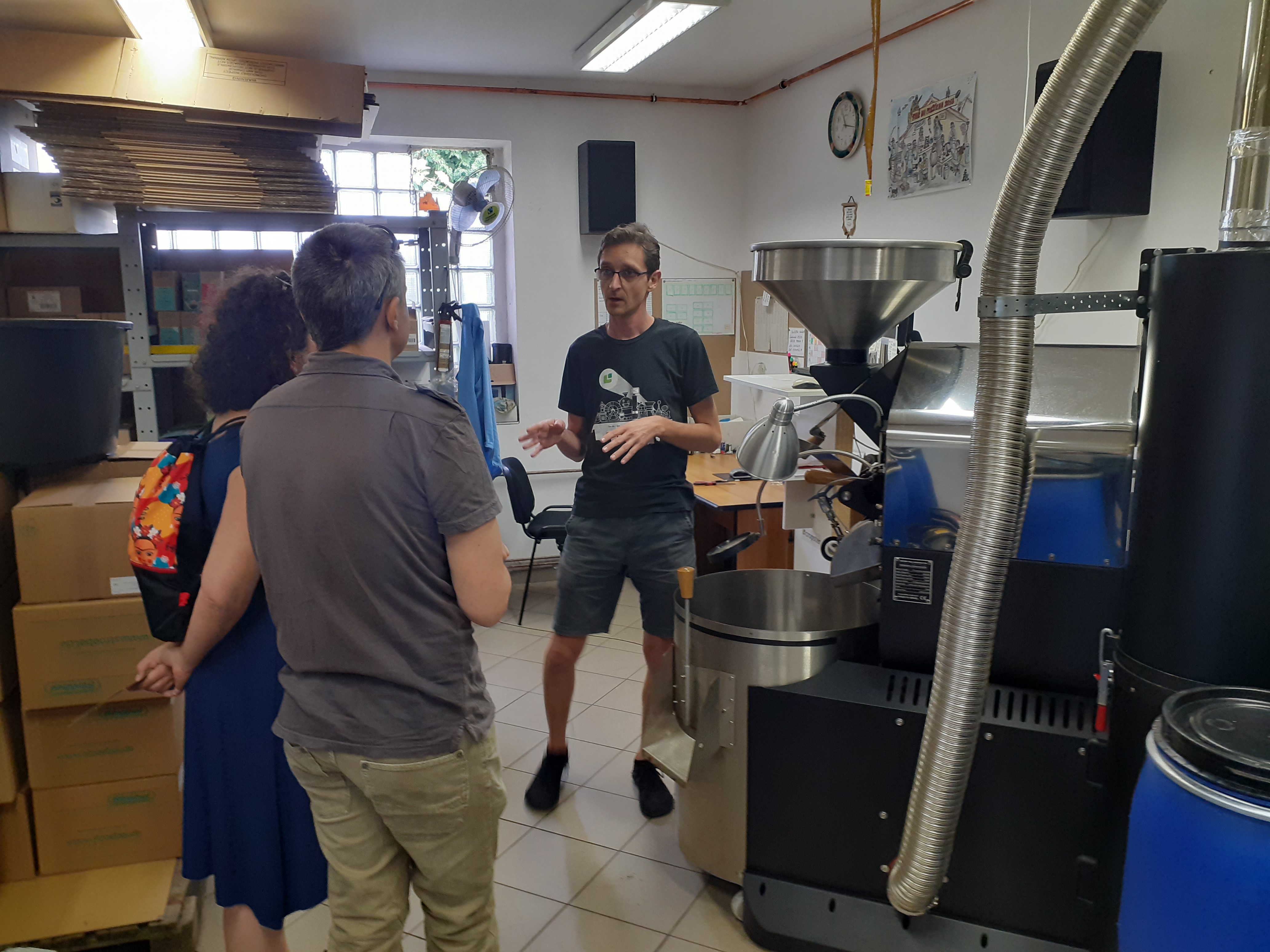
The coffee roasting house in Kostelec nad Labem employs people with disabilities
Arriving at the yard where the Fair & Bio roastery is located, you don‘t need to follow signs on the doors; just follow the smell of roasted coffee. This cooperative social enterprise in Kostelec nad Labem, unique in the Czech Republic, roasts fair trade coffee grown under dignified conditions and gives work to people with disabilities. In the morning when “Náš REGION” visited, the roastery was scented with quality coffee and the atmosphere showed that everyone enjoyed working there.
Another kind of media is possible
Fortunately, more than thirty years after the revolution, co-operatives are no longer looked upon with disdain. This alternative to ownership is even expanding. Apart from the well-known agricultural, housing or construction co-operatives, there are also popular gastronomic co-operatives in Prague or Brno. These are the ones where people go to drink and eat well while at the same time supporting a good cause. However, there is less talk about companies that try to feed their clients culturally and satisfy their intellectual thirst, i. e. co-operative publishing houses.
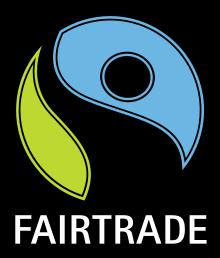
Fair trade in times of crisis
One of the pioneers of fair trade in the Czech Republic describes how the current crisis is affecting this praiseworthy sector in the world and at home, and why its role is irreplaceable.
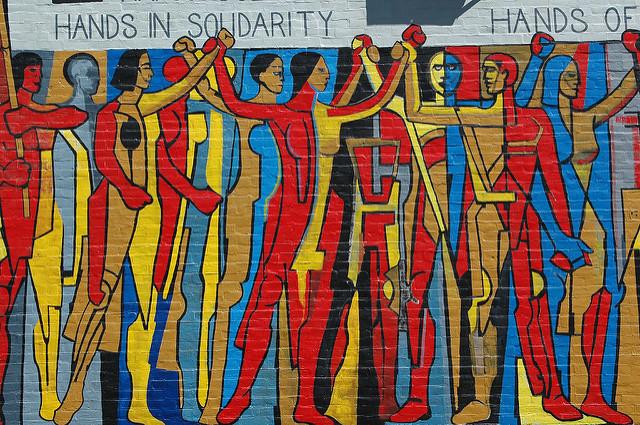
Social solidarity economy - a more equitable economy and society is possible
The article briefly introduces the concept of social solidarity economy (SSE). In addition to the general characteristics, it also mentions Czech traditions and the context of the SSE. According to the author, it offers one of the answers to the challenges and crises of today's globalized world, including the current coronavirus crisis. As an advantage of the social solidarity economy, the paper highlights the satisfaction of the wider needs of individuals and local communities and greater respect for the environment.
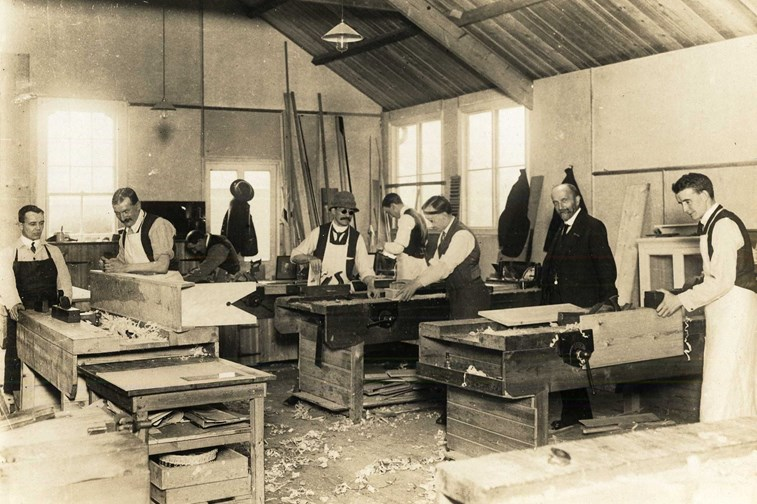
Charity shops as important actors in transformative economy
A charity shop, thrift shop or opportunity shop is a retail establishment run by a charitable organization to raise money and sells mainly used goods such as clothes, toys, kitchenware, books, jewelry and so on. A charity shop survives thanks to the donors, who provide the goods they don't use anymore and thanks to the customers, who are thus able to afford everyday items for a reasonable price.
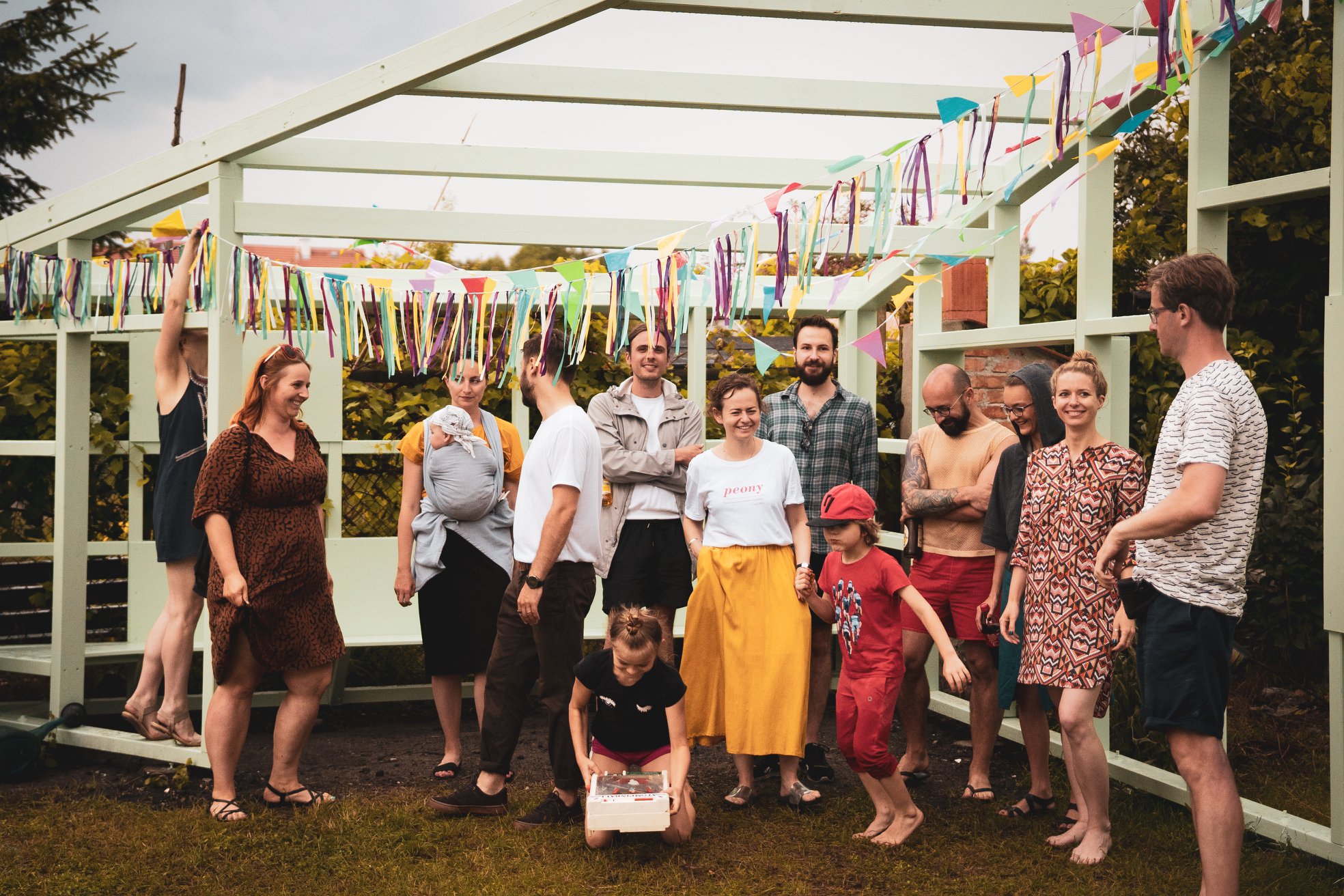
Food system social innovators. Experiences from Wroclaw, Poland
When we order or buy food, very often we have little information or idea where the ingredients were produced and who took care of planting, nursing, harvesting, and delivering them. Today’s food supply chains are so long that it is sometimes impossible for the buyer to track back the place of origin of food. Food travels many miles to reach consumers around the world. Modern food systems include many actors involved at various stages of long supply chains.
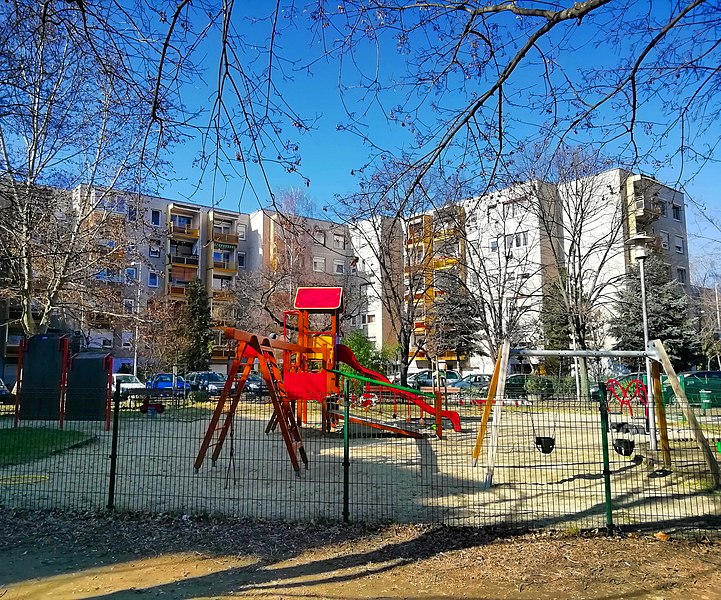
Social housing agency
The Solidarity economy is present in more and more areas of life, prototyping and experimenting with new solutions on various needs and issues. Housing is one of the most basic human needs and every society throughout the history provided some kind of a solution for this need in various levels of efficiency, fairness or sustainability.
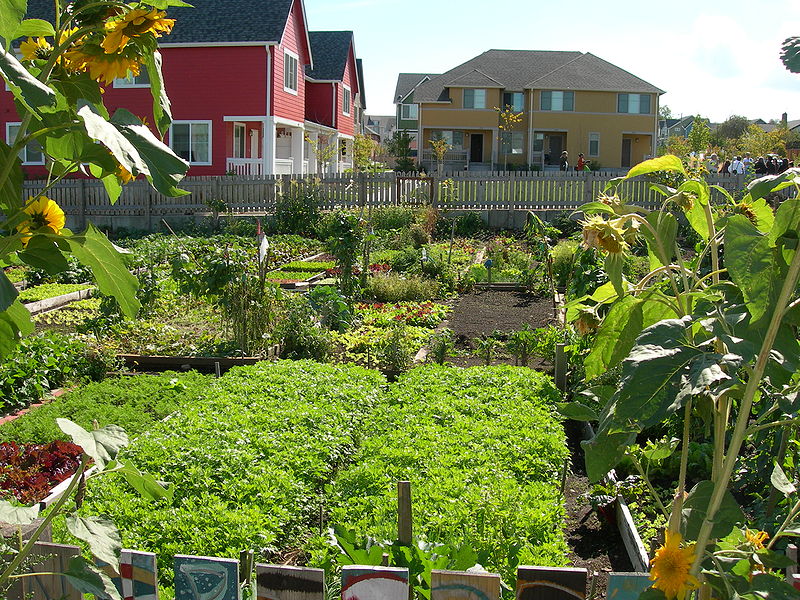
What is CSA? (Part 1)
Community Supported Agriculture (CSA) is a model of organizing food production and distribution which offers many potential benefits for the territorial development of functional urban areas. However, it is still a rather uncommon social innovation in Poland and its impact on the sustainable development of food systems on a national scale has so far been very limited. In the following chapter, therefore, we present the social, environmental and economic benefits of potential development of the CSA model and we analyse various possibilities of supporting the CSAs by the public administration.
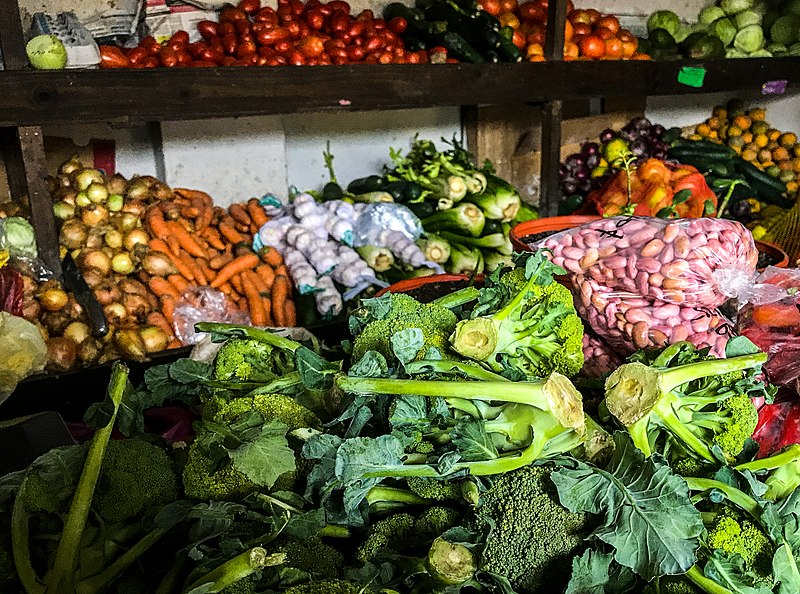
What is CSA? (Part 2)
The basic and universal features of CSA initiatives are sharing risks, responsibilities and benefits (yields), shortening the supply chains, regular packages with seasonal and unprocessed products, establishing communities interested in the issue of food. Due to these features and values, the CSA model offers many potential benefits for communities of urban functional areas and, indirectly, initiates wider change towards viable and sustainable food systems in the world.
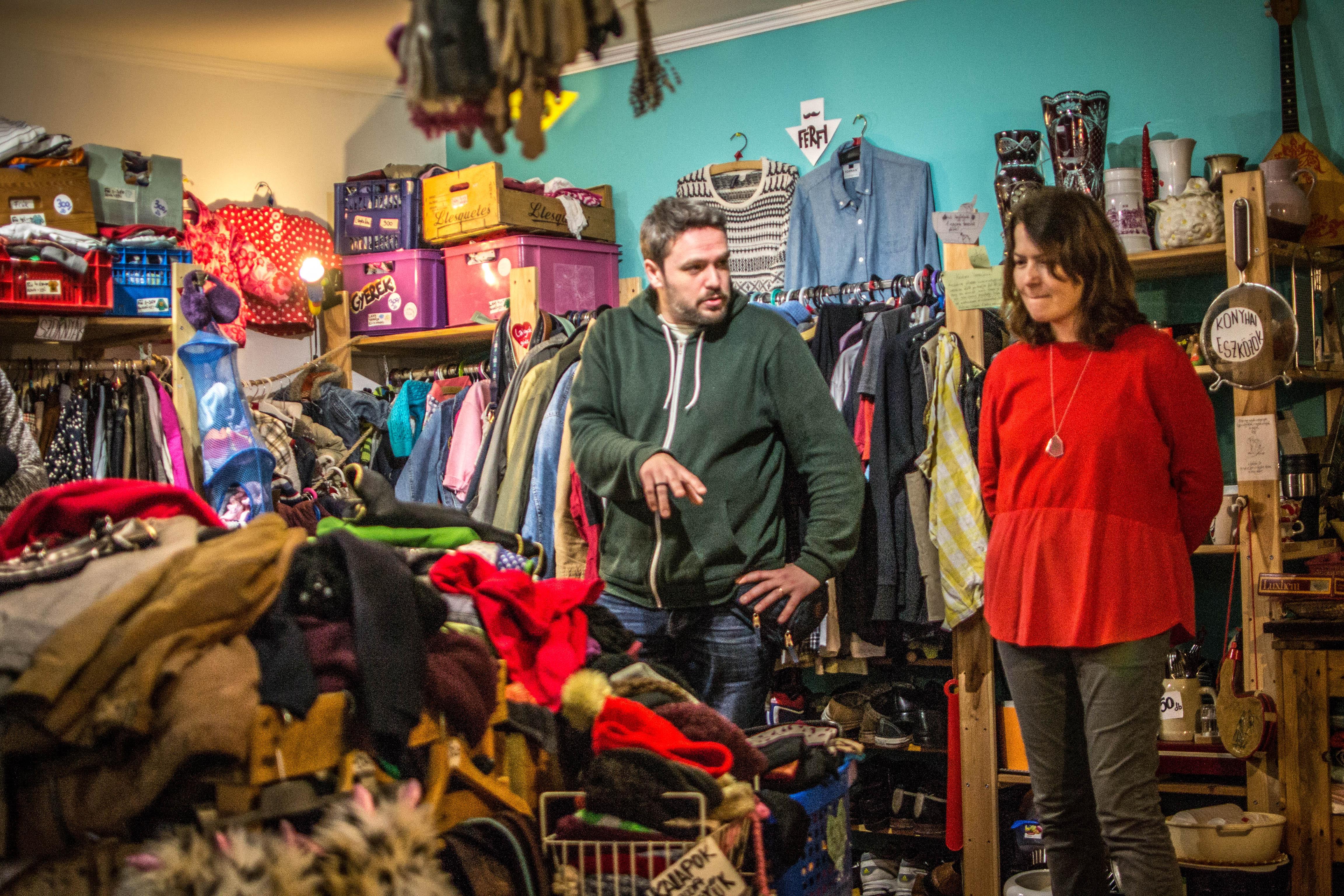
Restart your life: a visit at the threshold of a new world
The economic model based on exponential growth and individual careers has long hit the wall. In the face of the climate crisis, the dominating neoliberal paradigm contributes to the escalation of problems and destabilization of societies. The main goal of the Restart Your Life project is to support the development of local, ecologically sustainable social economy. The project attempts to answer the question of how to create a foothold for a new world and re-arrange our life, while at the same time taking care of the common good.
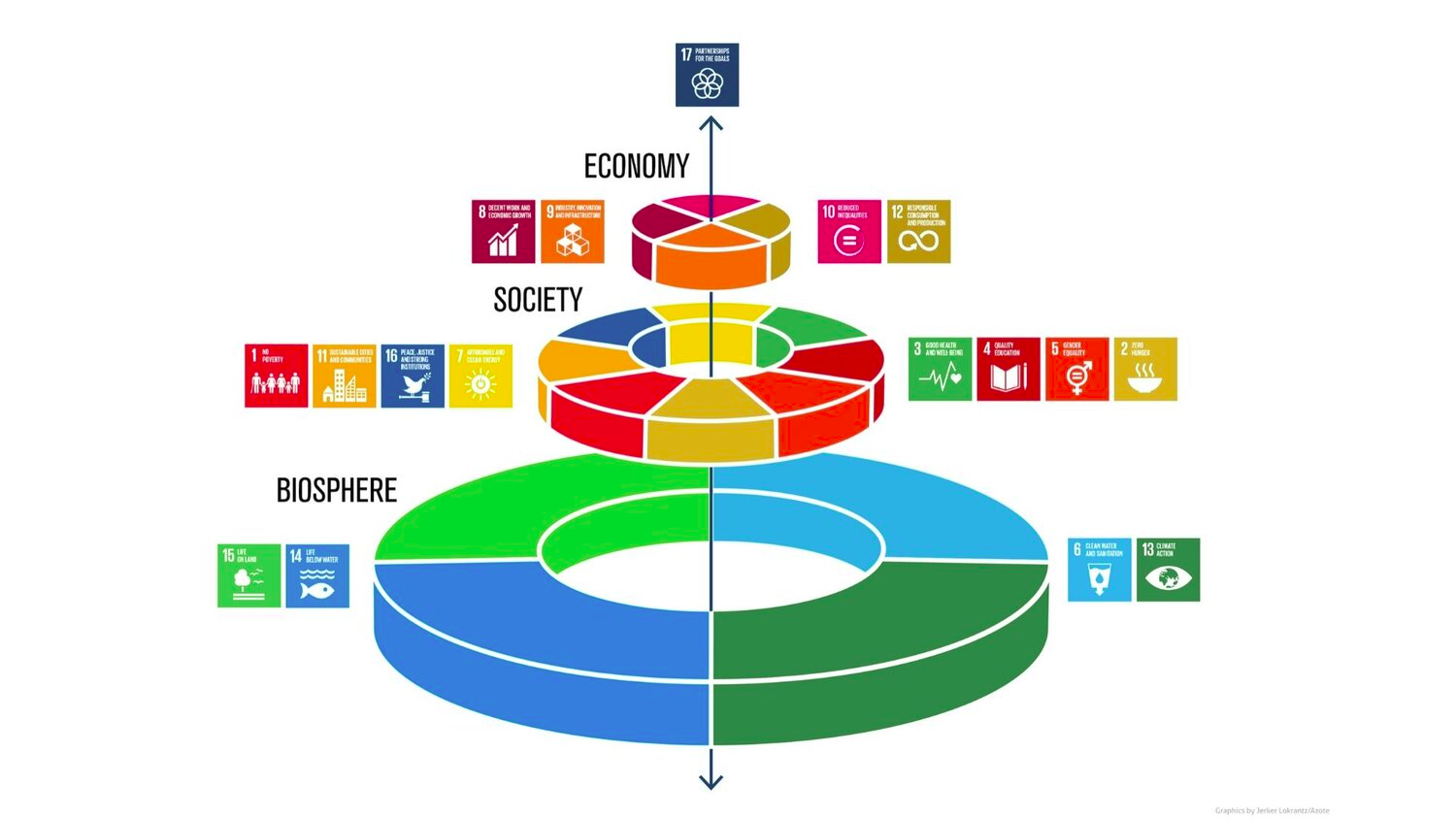
SDGs arranged in a coherent system of sustainability
By the beginning of the 21th century it became clear for the humanity that the globalized socioeconomic system it has developed is endangering not only the biosphere, but its own functionality as well. During the last decades there were increasing efforts to articulate those expectations that the humanity has to meet in order to transform this global society into a sustainable operation mode integrated in the biosphere.
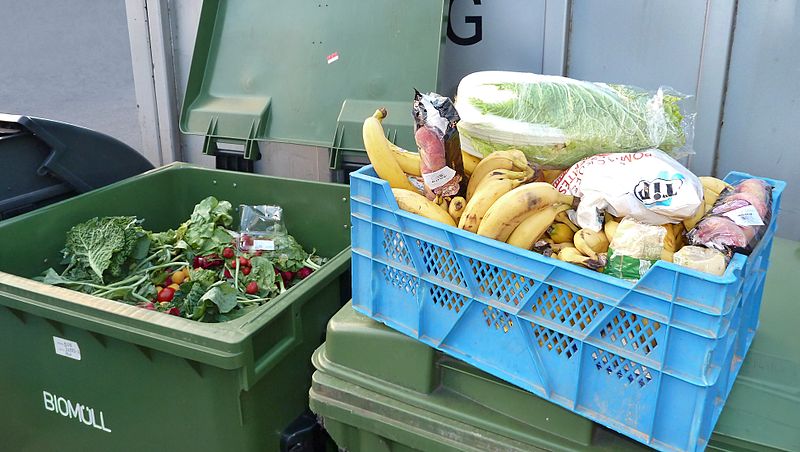
Food waste: what it is and its impact
Food waste is one of the most relevant challenges of our century and the matter is taken into consideration worldwide throughout the United Nations, the European Union and by single states, although there is not a single shared definition of what food waste represents. Entrusting us to the UN body that handles the issue, the FAO defines the food waste as “the decrease in the quantity or quality of food resulting from decisions and actions by retailers, food service providers and consumers".
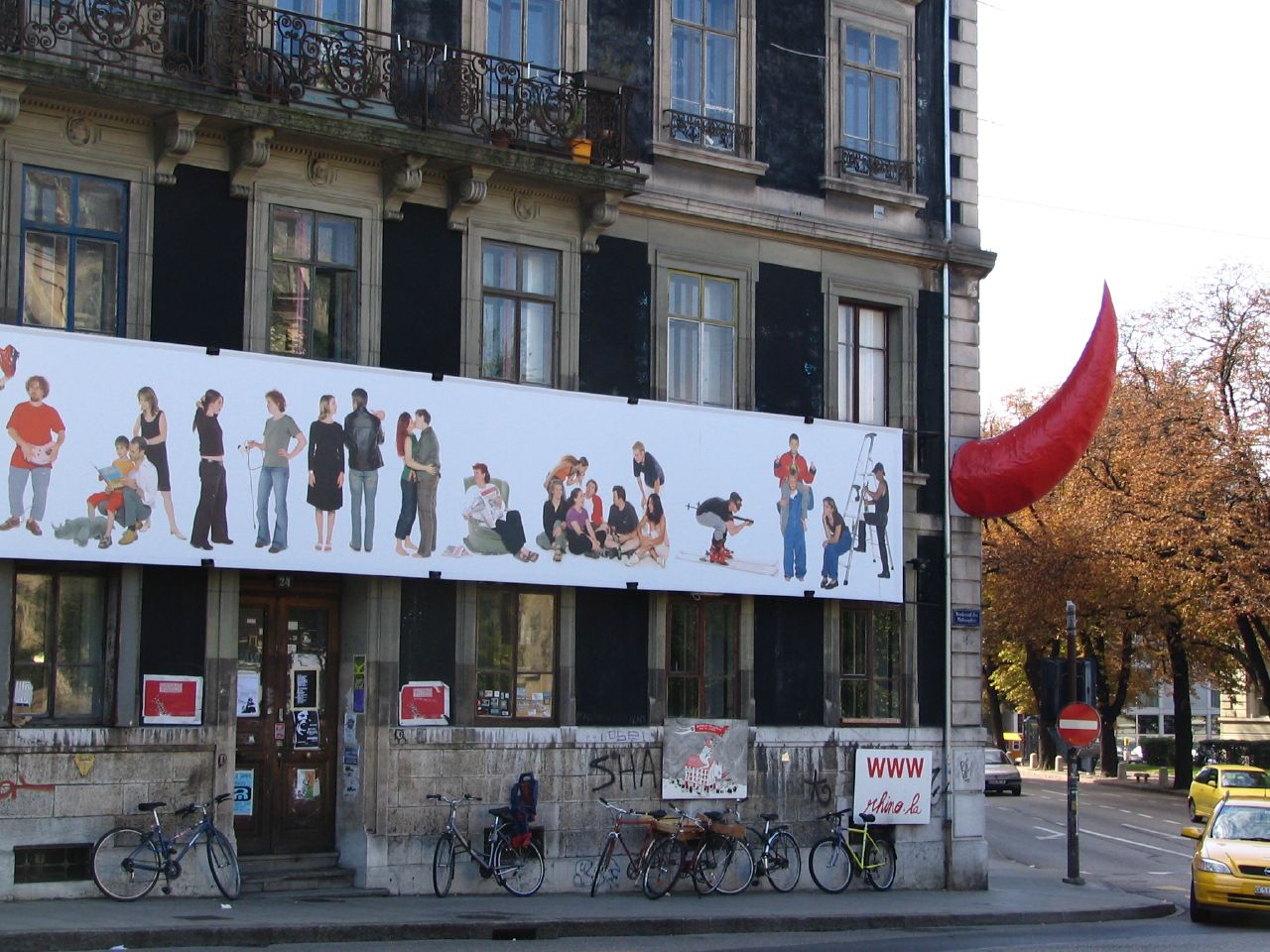
A Syndicate that will thwart your chance to get a life-long mortgage
Housing is one of our basic needs and it also is defined as a human right. That means that people are entitled to it on the basis of various human rights agreements. Nevertheless, to many of us it is unavailable in appropriate quality. Compared to the European Union average, Slovakia has a long-term high housing overcrowding rate and two thirds of young people under the age of 34 live in a common household with their parents. For a quarter of people on lower incomes or a fifth of single people, the cost of housing is a disproportionate burden. It is estimated that thousands of people are homeless, and the lack of interest in their situation is also evidenced by the fact that for many years no public institution has even tried to find out their exact number.
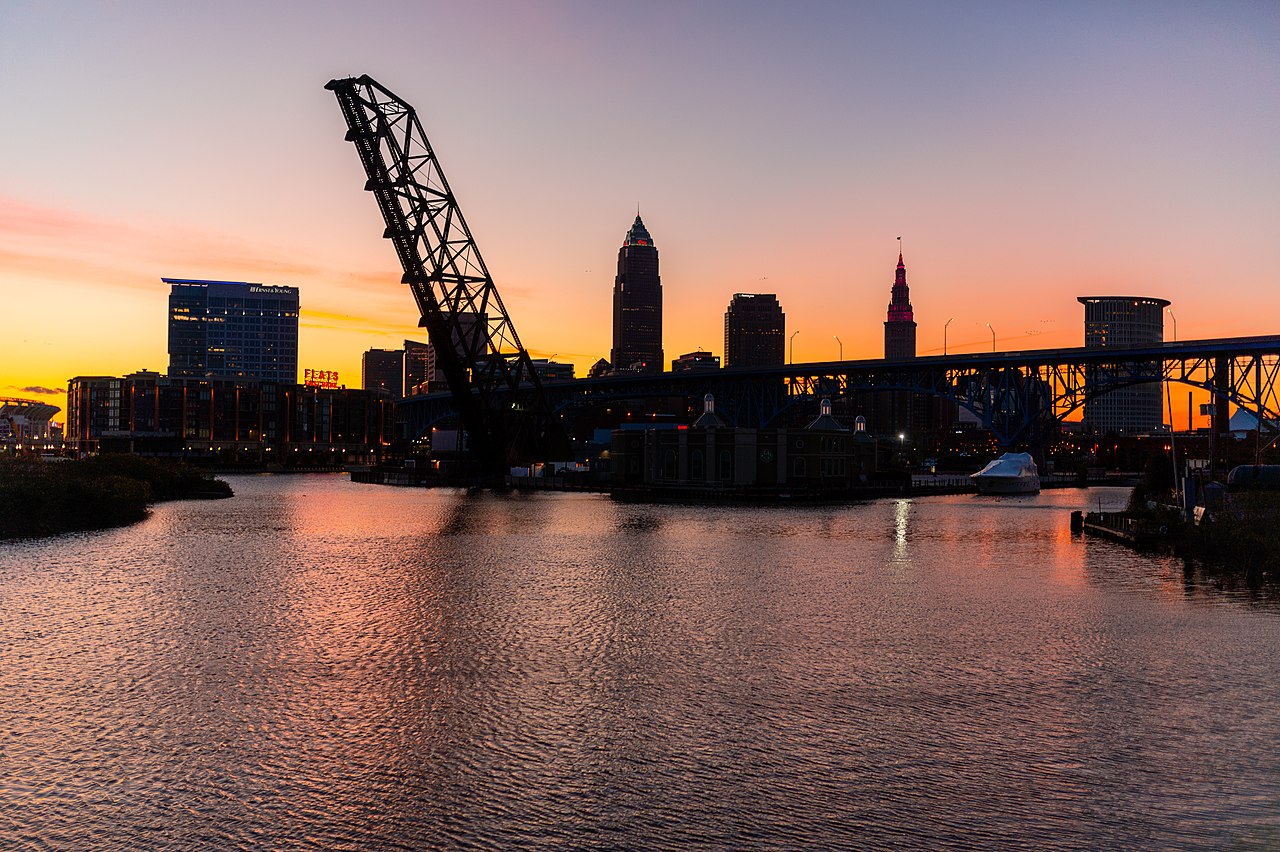
The answer to decades of stagnation? Localization and democratization
In the 1980s, the northeastern and midwestern United States were hit by a wave of deindustrialization, which brought about a sharp decline in the economy and living standards. One of the main reasons was the success of the neoliberal version of globalization reinforced by new "free trade" agreements. These treaties “freed“ capital from the “tyranny“ of regulations and allowed the relocation of industrial production and related jobs to lower-wage countries. Other jobs have disappeared due to automation. These processes led to widespread devastation and left behind dilapidated factories and crumbling cities.
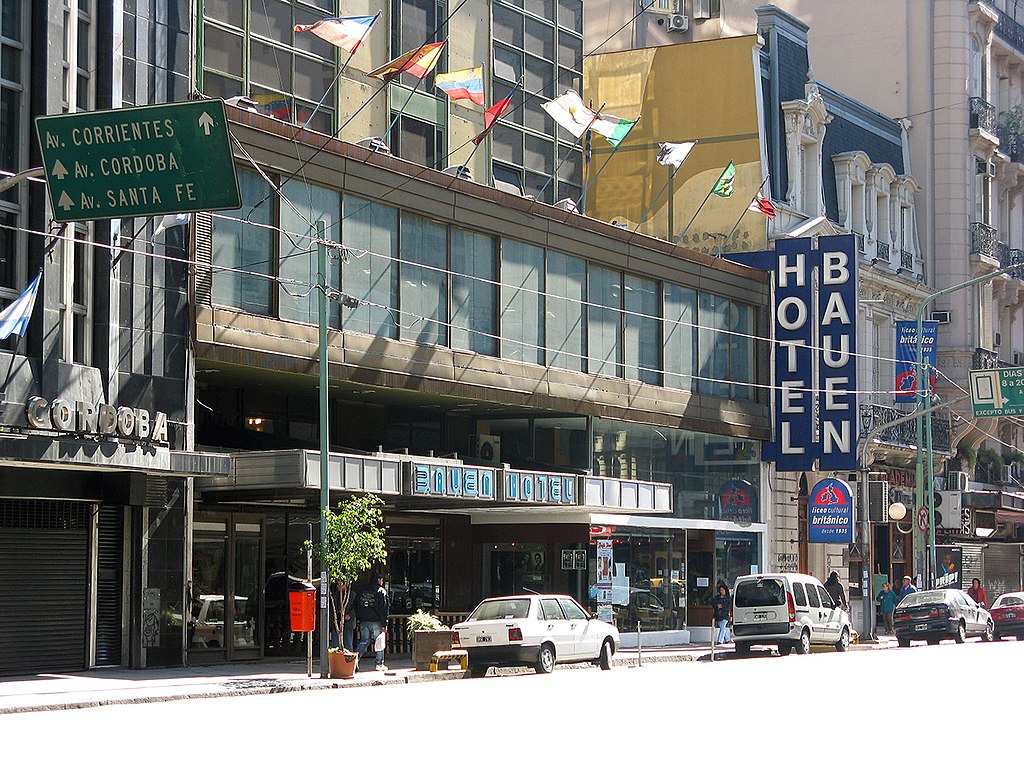
Solidarity in the crisis times or why capitalism does not matter
In recent decades, the economic imagination has been colonized by the hegemony of neoliberal capitalism, which gives the impression of being ubiquitous, omnipotent, indestructible, and of no alternative. However, experience shows us that this is by no means the case. All over the world, we may encounter a number of very diverse initiatives or enterprises that are organized and managed in a different way than ordinary capitalist firms and have different goals than the accumulation of capital. Instead of hierarchies and authoritarian governance, they create a space for cooperation and solidarity, instead of making profits, they try to create a society in which everyone lives a good life.
